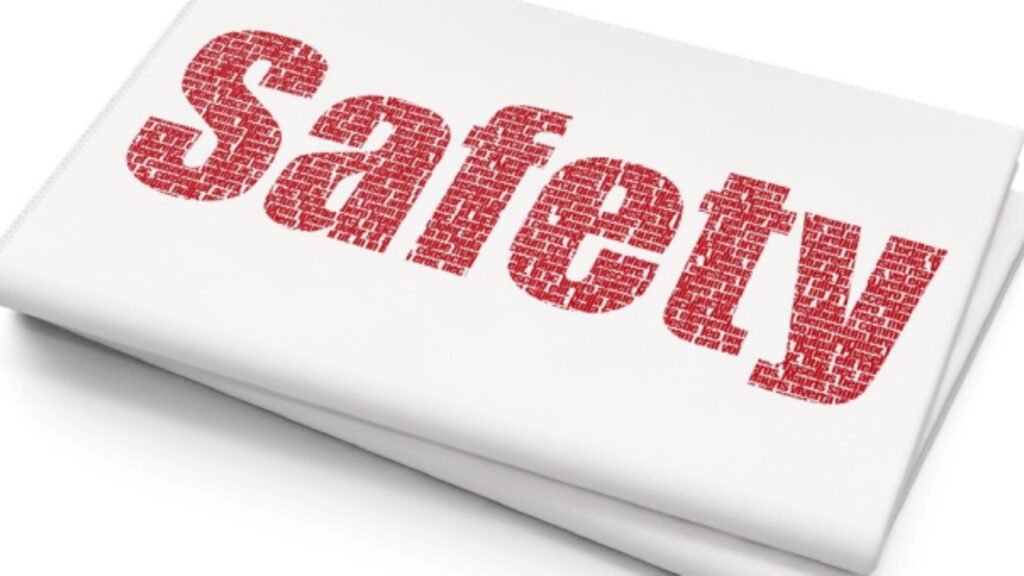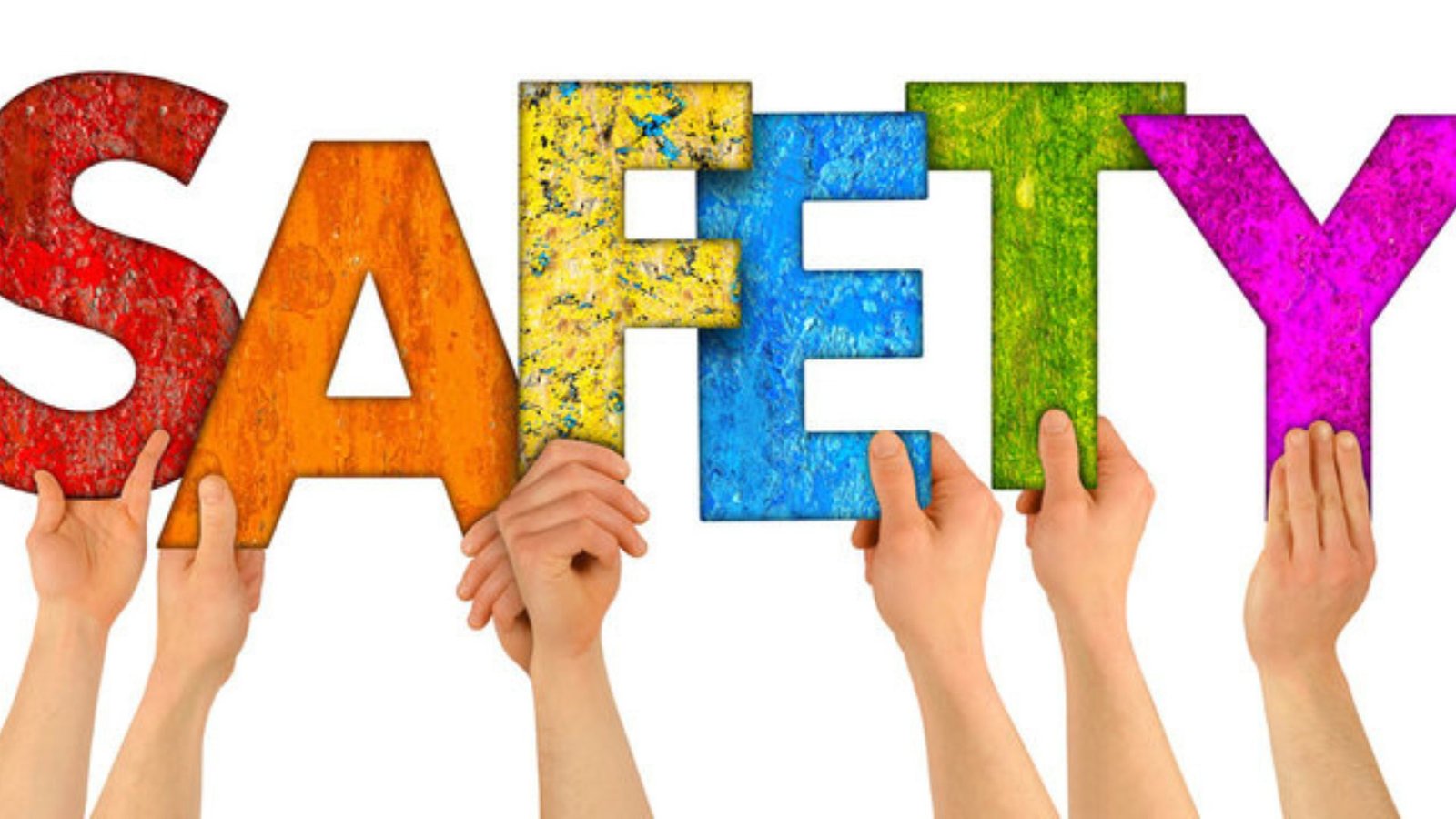In today’s digital world, internet safety is a major concern for parents, especially when it comes to their children. Teaching kids how to stay safe online is crucial. There are many risks, from inappropriate content to cyberbullying and scams. This is why it’s important to follow these internet safety tips for kids to ensure they enjoy their online experiences while staying protected. In this article, we’ll guide you through the best ways to keep your children safe online.
Teach Kids to Protect Personal Information
The first step in protecting your children online is teaching them not to share personal information. This includes details like their full name, address, school, or phone number. Kids may not understand the importance of privacy, so explaining this in simple terms is vital. Remind them that sharing personal information can lead to safety risks like identity theft or contact from strangers. By reinforcing this point, you can greatly reduce potential dangers.

Set Clear Rules for Online Behavior
It’s important to establish rules for how your children use the internet. For example, limit screen time and make sure they know which websites or apps are safe to visit. Setting these boundaries helps ensure your kids understand how to navigate the internet responsibly. You should also discuss how to act respectfully online, emphasizing the importance of not engaging in or responding to cyberbullying. These rules are among the most essential internet safety tips for kids.
Monitor Your Child’s Online Activity
While you may want to give your kids some level of independence, it’s important to monitor their online activity. You don’t have to spy on them, but checking in regularly on the sites they visit and the people they communicate with can prevent potential dangers. Many tools allow parents to track their children’s online behavior, offering a way to ensure that they’re staying safe without being overbearing.
Use Parental Controls
One of the best ways to keep kids safe online is by using parental control software. These tools allow you to block inappropriate content, restrict access to certain apps or websites, and even set screen time limits. Parental controls can help filter out the harmful aspects of the internet, so your children can enjoy their time online without being exposed to unsuitable content.
Encourage Open Communication
Another key point in protecting your children online is encouraging open communication. Kids should feel comfortable coming to you with any concerns or questions they have about their online experiences. Whether they encounter something that makes them feel uncomfortable or receive messages from strangers, they need to know it’s safe to talk to you. Keeping communication open can prevent many internet safety issues.
Educate About Cyberbullying
Cyberbullying is one of the most common dangers kids face online. Explaining what cyberbullying is, why it’s harmful, and how to respond to it is an important step in ensuring your child’s safety. Make sure they understand not to retaliate and always report bullying to a trusted adult. By educating them on the effects of online bullying, they’ll be better prepared to handle any situation that may arise.
Be Careful With Downloads
Children may be tempted to download games, apps, or media without realizing the risks involved. Downloads can often contain malware or viruses that could harm your device or steal personal data. Teach your kids to ask for permission before downloading anything and explain why it’s important to avoid unverified sources. This tip will protect both your child and your devices from unnecessary harm.
Teach Them to Identify Scams
Online scams are everywhere, from fake contests to phishing emails. Teach your children how to recognize these scams by explaining that they should be cautious with any offers that seem too good to be true. Help them understand that clicking on suspicious links or entering personal details into questionable websites can have serious consequences. This will help them stay alert and avoid falling victim to online scams.
Explain the Importance of Strong Passwords
Using strong, unique passwords is a simple yet effective way to enhance online safety. Teach your children how to create secure passwords that include a mix of letters, numbers, and symbols. Explain why they should never share their passwords with anyone, not even close friends. Strong passwords are essential in protecting their online accounts from hackers.
Keep Software and Devices Updated
Finally, keeping your child’s devices and software up to date is a great way to prevent security vulnerabilities. Regular updates often include security patches that protect against the latest threats. Make sure to install updates as soon as they’re available to ensure your children are using the safest versions of apps, games, and browsers.
Conclusion
Internet safety is an essential part of today’s parenting. By following these internet safety tips for kids, you can help your child navigate the online world securely. From teaching them how to protect personal information to setting rules and monitoring their activities, you are taking steps to ensure they stay safe. Open communication, education about cyberbullying, and using parental controls are all tools that will go a long way in keeping your child’s online experiences positive and secure.











